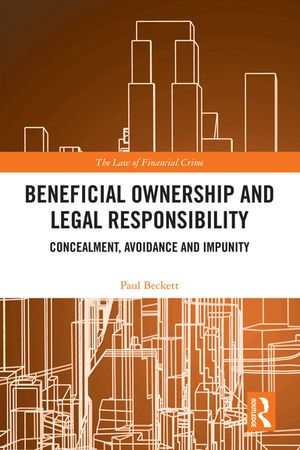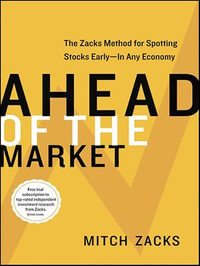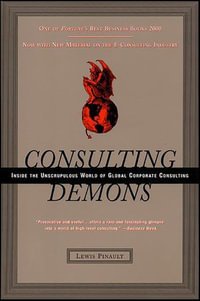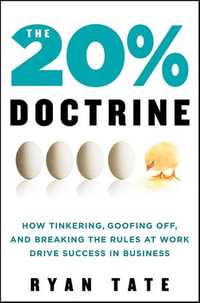
Beneficial Ownership and Legal Responsibility
Concealment, Avoidance and Impunity
By: Paul Beckett
eText | 12 March 2024 | Edition Number 1
At a Glance
eText
$81.39
or
Instant online reading in your Booktopia eTextbook Library *
Why choose an eTextbook?
Instant Access *
Purchase and read your book immediately
Read Aloud
Listen and follow along as Bookshelf reads to you
Study Tools
Built-in study tools like highlights and more
* eTextbooks are not downloadable to your eReader or an app and can be accessed via web browsers only. You must be connected to the internet and have no technical issues with your device or browser that could prevent the eTextbook from operating.
ISBN: 9781040000557
ISBN-10: 104000055X
Series: The Law of Financial Crime
Published: 12th March 2024
Format: ePUB
Language: English
Publisher: Taylor & Francis
Edition Number: 1
You Can Find This eBook In
This product is categorised by
- Non-FictionLawLaws of Specific JurisdictionsCompany LawCommercial Law
- Non-FictionLawLaws of Specific JurisdictionsCriminal Law & Procedure
- Non-FictionEconomics
- Non-FictionAccounting & FinanceAccountingFinancial Accounting
- Non-FictionBusiness & ManagementBusiness Ethics & Social Responsibility
- Non-FictionLawLaws of Specific JurisdictionsCompany LawCompetition Law & Antitrust Law
- Non-FictionLawJurisprudence & General IssuesComparative Law
- Non-FictionSocial Services & WelfareCrime & Criminology
- Non-FictionLawLaws of Specific JurisdictionsCompany LawBusiness Law

























